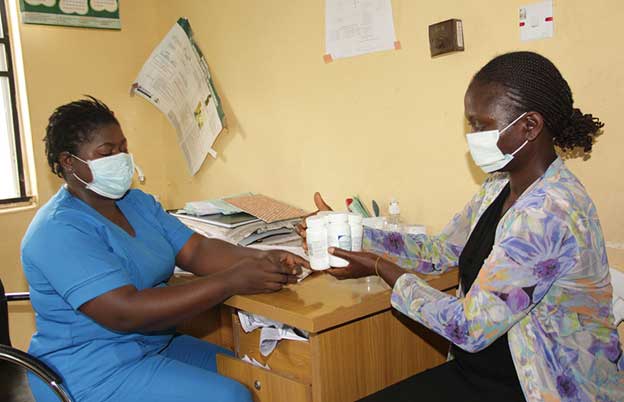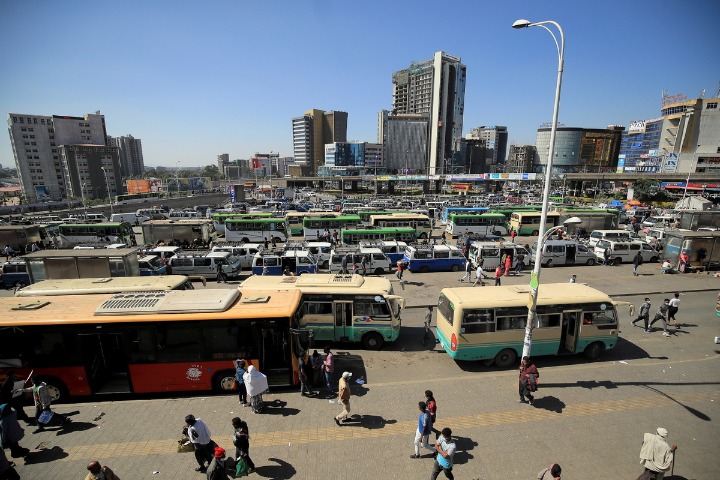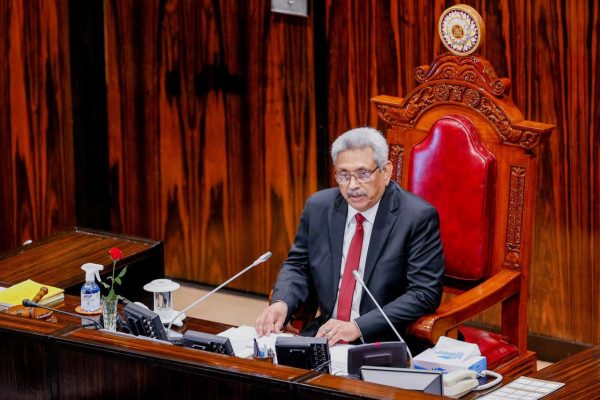Looming debt crisis

By Jaime Atienza and Charles Birungi
At this time of profound challenge in international relations, it was understandable that the conclusion of the G20 meeting left leaders relieved that the meeting went off without a hitch. Leaders were also justifiably proud of the significant strides they had made, including the launch of the new Pandemic Fund.
But G20 leaders have failed to address the fiscal crisis that threatens many low- and middle-income countries and threatens global health security as it pushes countries to cut investment in essential health services.
As the world approaches the end of 2022, no resolution mechanism to properly resolve the debt crisis has been put in place by the IMF or the G20. In 24 months, the “common framework of the G20” delivered a debt relief agreement for only one country, Chad.
The UNAIDS report “A Pandemic Triad” shows how the growing debt burden in developing countries is hampering their ability to fight and end AIDS and COVID, and their preparedness for future pandemics. Half of Africa’s low-income countries are already over-indebted or at risk of being so.
Worldwide, the 73 countries eligible for the Debt Service Suspension Initiative spent on average four times more on debt service than they were able to invest in the health of their people. Only 43 of those countries saw even a temporary suspension – totaling less than 10% of the money they continued to refund.
Two-thirds of people living with HIV are in countries that received absolutely no support from the Debt Service Suspension Initiative during the critical period 2020-2021. The seven countries eligible for the Debt Service Suspension Initiative with the largest populations of people living with HIV – Kenya, Malawi, Mozambique, Uganda, Tanzania and Zambia – have seen their level public debt increase from 29% in 2011 to 74% in 2020.
According to the World Bank, “interest payments will limit the ability of low-income countries to spend on health, on average by 7%, and by 10% in lower-middle-income countries, in 2027”.
110 out of 177 countries will see a decline or stagnation in their health spending capacity and will not be able to reach pre-COVID spending levels by 2027.
During the COVID-19 pandemic, deficits rose around the world and debt piled up much faster than in the early years of other recessions, including the Great Depression and the global financial crisis. The scale is comparable only to the two world wars of the 20th century.
Public spending cuts are expected to take place in 139 countries over the next few years. In the case of the 73 countries eligible for the Debt Service Suspension Initiative, primary expenditure is expected to decline by an average of 2.8% of GDP between 2020 and 2026.
It comes at a time when economic forecasts have been downgraded by the IMF for the fourth time in a year. Austerity will mean dangerous cuts in health spending. Even to limit the damage, it will take a new systemic prioritization of public resources towards health systems.
There is a direct correlation between worsening fiscal problems and deteriorating health outcomes.
The COVID-19 crisis drags on. The impacts of the war in Ukraine on the global economy make matters worse. The response to HIV is in jeopardy, with the promise of ending AIDS by 2030 under threat.
The world is not prepared today for the pandemics to come. The international response to solving the health financing crisis is far from sufficient. Even as developing countries grapple with the debt crisis, the war in Ukraine has led several donors to cut aid.
But there is a way out. With bold action, the health and development financing crisis can be overcome. Barbados Prime Minister Mia Mottley’s Bridgetown Program of Action on Debt, Expansion of Multilateral Finance and Effective Reallocation of SDRs sets the order of magnitude of the response required.
There is an urgent need to cancel the debt of countries in fiscal difficulty and to put in place an effective and rapid mechanism to manage large-scale debt restructuring. Health and education should be central considerations in debt negotiations.
It is also vital to expand the use of existing special drawing rights (SDRs) of high-income countries for investments in low-income countries of at least twice the $100 billion committed.
The work of the G20 leaders did not end in Bali. The consequences of an unresolved debt crisis and lack of additional resources would be disastrous for lives, livelihoods and health security. We do not have the time. No one is safe until everyone is safe.
Jaime Atienza is the Director of Equitable Financing at UNAIDS. Charles Birungi is the senior HIV economics, finance and policy advisor.
IPS United Nations Office





![[Press release] Debt crisis: a failed G20 summit](https://www.cadtm.org/local/cache-vignettes/L710xH373/f0bd231bf33e0619051e008da75a42-274d7.jpg)
